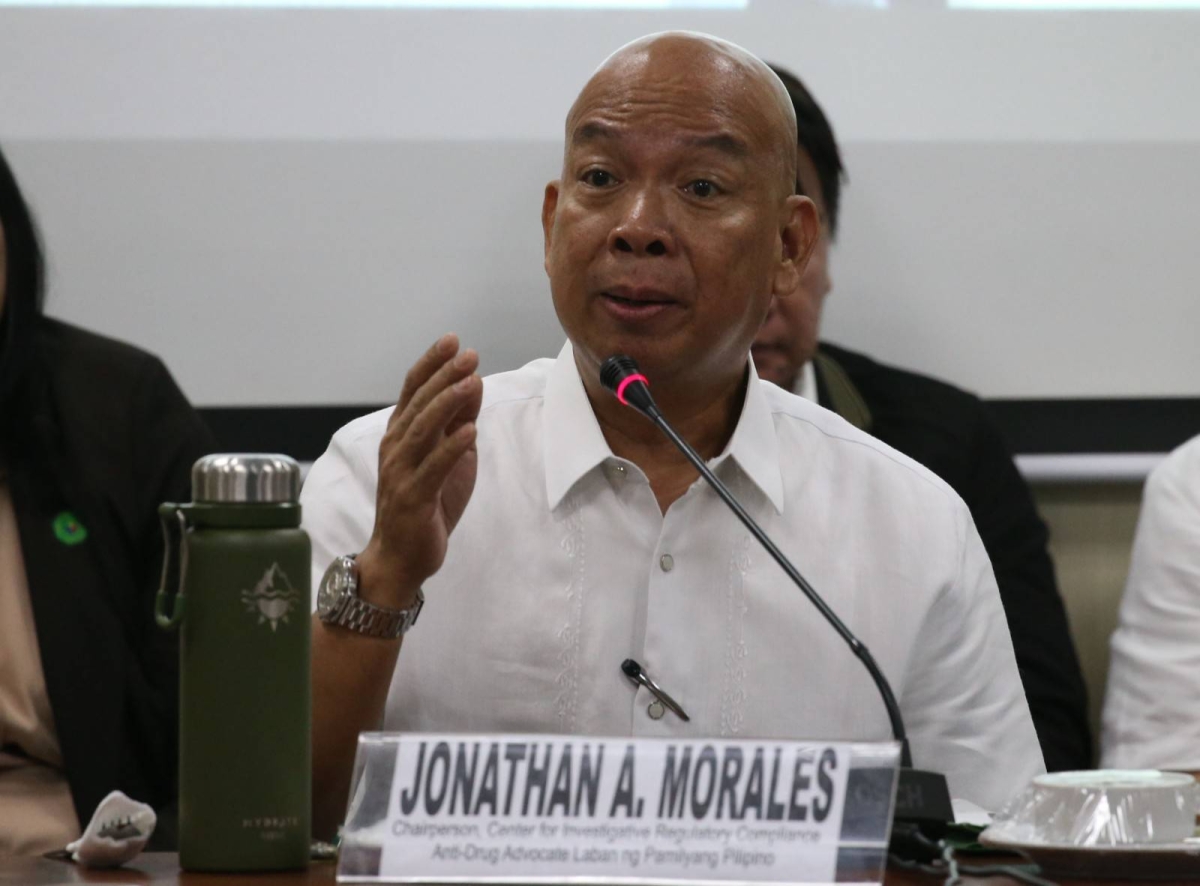The Credibility of Former PDEA Agent Jonathan Morales
In a recent Senate hearing on the alleged “PDEA leaks,” the credibility of former Philippine Drug Enforcement Agency (PDEA) agent Jonathan Morales was severely damaged. Morales admitted to planting evidence, leading to his dismissal from service. This revelation came to light during an inquiry conducted by the Senate committee on public order and dangerous drugs, chaired by Senator Ronald “Bato” Dela Rosa.
The Alleged “PDEA Leaks” and its Implications
The “PDEA leaks” refer to the alleged leaked PDEA confidential documents that implicated several individuals in illegal drug activities, including former Senator Ferdinand Marcos Jr. and actress Maricel Soriano. Former PDEA Director General Arturo Cacdac disclosed that Morales had confessed to falsifying his testimony and planting evidence during an operation targeting Filipino-Chinese drug suspects.
Cacdac cited a memorandum from the PDEA legal and prosecution service, dated December 26, 2012, which stated that Morales had admitted to fabricating evidence and planting it. This revelation shocked Cacdac, who had served in the agency for a significant period. It was the first time he had encountered such misconduct.
The Testimony and Lack of Evidence
When asked to comment on Cacdac’s statement, Morales admitted that it was true. However, during the Senate hearings, Morales failed to provide any evidence to support his claims. Senate President Juan Miguel Zubiri emphasized that Morales had not presented any corroborating testimonies or documentary evidence to substantiate his allegations. Zubiri pointed out that the case relied solely on Morales’ testimony, which appeared to be based on hearsay evidence.
Senator Jose “Jinggoy” Estrada echoed Zubiri’s sentiments, stating that Morales had not presented any additional evidence to support his claims. Estrada referred to the legal maxim that “he who alleges has the burden to prove.” Apart from Morales’ statement, there was no other evidence presented.
The International Context and Implications
It is crucial to contextualize these events for an international audience, as the laws, customs, and legal systems may vary from country to country. In the Philippines, planting evidence and falsifying testimonies are serious offenses that undermine the integrity of the justice system. These actions not only compromise the credibility of law enforcement agencies but also jeopardize the rights of individuals involved in criminal cases.
The revelations regarding Morales’ misconduct raise concerns about the fairness and reliability of the PDEA’s operations and investigations. The planting of evidence not only violates the rights of the accused but also undermines public trust in the agency’s ability to carry out its mandate effectively.
Furthermore, the alleged “PDEA leaks” and the subsequent lack of evidence presented during the Senate hearings highlight the importance of substantiating claims with concrete evidence. In any legal proceedings, the burden of proof lies with the accuser, and unsupported allegations can lead to baseless accusations and damage the reputations of individuals involved.
As the investigation into the “PDEA leaks” continues, it is essential to maintain transparency, uphold the rule of law, and ensure that justice is served. The credibility of law enforcement agencies is crucial in the fight against illegal drugs and other criminal activities. Instances of misconduct, such as planting evidence, must be thoroughly investigated and appropriate actions taken to restore public confidence in the justice system.
It is imperative for international audiences to understand the significance of these events in the Philippines and the impact they have on the country’s efforts to combat illegal drugs. Upholding the principles of fairness, transparency, and accountability is essential for any justice system, regardless of geographical location.







